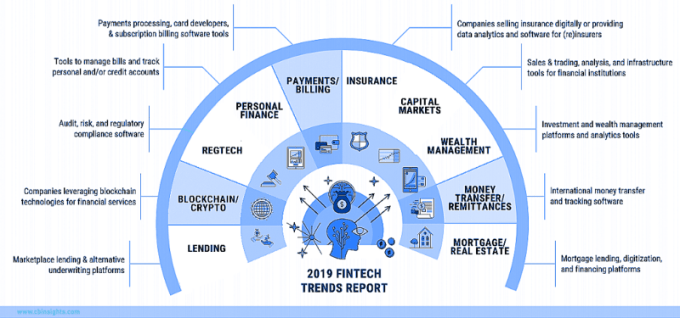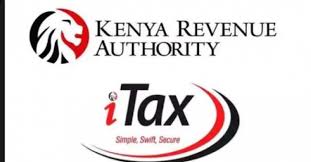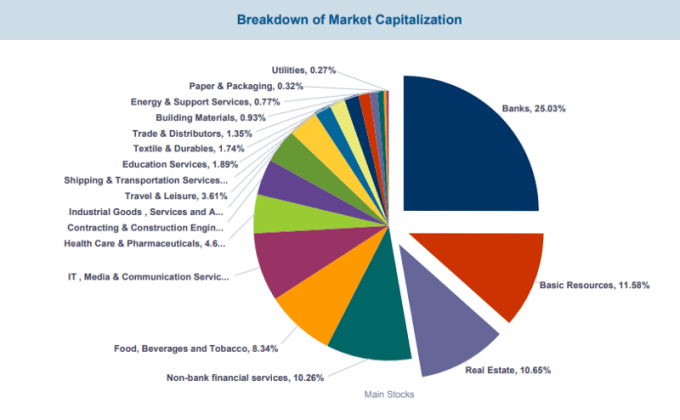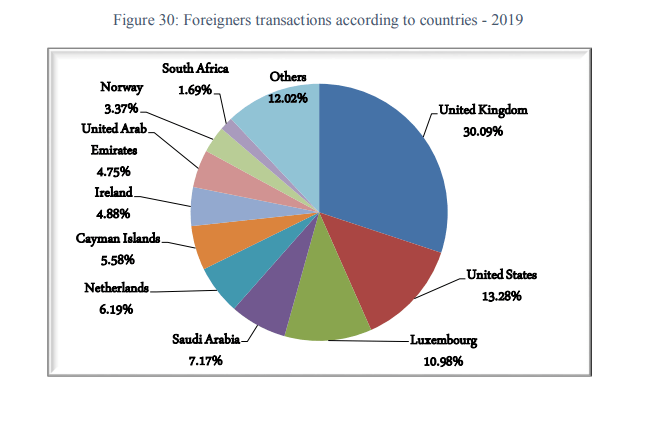Why A New Money Transfer Tax Is Brewing A War Among Mobile Money Operators In Cameroon
Since January 1, 2022, the new 0.2 percent tax on money transfers has been in effect, reviving competition in the Cameroonian market. The pioneering operators in the industry, Express Union and EMI Money, want to reclaim their customers who have been caught up in the Mobile Money monopoly dominated by Orange and MTN.

Indeed, when the operators Orange and MTN informed the public that “from January 1, 2022, a tax of 0.2 percent will be imposed to the amount of money transferred and withdrawn in application of the finance law,” Express Union and EMI Money took the opposite route, announcing as follows:
“Here, the tax is not going up! … There isn’t anything comparable. 3000–1000 frs; 30,000–500 frs; 100,000–1,400 frs; 500,000–3,500 frs; 1,000,000–4,000 frs. We continue to be the cheapest,” Emi Money declares in a message it sent to its customers.
Read also Cameroon’s Mobility Startup, Bee Group, Lands New Funding To Offer Motorcycle Taxis And Delivery
In a similar spirit, Express Union, which was formerly the market leader in money transfers until the introduction of Mobile Money, captures the drama from another dimension:
“Our no-fee promotion allows you to transfer funds from 1 to 25,000 FCFA for free with Express Union Mobile Money! Express Union Mobile Money is completely free!” A message it sent to its customers read.
Express Union and Emi Money’s polar opposites appear in an environment where these two companies [which some assume are related despite Expression Union’s denial] had already lost ground with the debut of Mobile Money in 2011. These money transfer companies had a reputation for having lengthy procedures at the time of their glory: requiring a national identity card; filling out a form; photocopying the national identity card, several signatures, the requirement to write the names of the issuers and receivers of money orders without error, endless lines, poor reception of uses by cashiers, and so on.
Read also Elevating Digital Payments For a Cashless Future in Africa
With the implementation of a new money transfer tax that effectively raises the cost of this service in Cameroon, Express Union and Emi Money are attempting to set themselves apart by marketing themselves as providers that will shoulder this expense. At a time when this tax is being debated in the public eye, others argue that it should be supported by the operators.
Read also Cameroon Introduces Electronic Transfer Tax Of 0.2% In Proposed New Law
Money transfer operations carried out by any means or technical support leaving a trace, in particular by electronic means, mobile telephony, telegraph, telex, or fax, with the exception of bank transfers and transfers for the settlement of taxes, duties, and taxes, are subject to a new tax under the 2022 finance law. Cash withdrawals made as a result of a money transfer to financial institutions or mobile phone companies are also taxed.
money transfer tax Cameroon money transfer tax Cameroon
Charles Rapulu Udoh

Charles Rapulu Udoh is a Lagos-based lawyer who has advised startups across Africa on issues such as startup funding (Venture Capital, Debt financing, private equity, angel investing etc), taxation, strategies, etc. He also has special focus on the protection of business or brands’ intellectual property rights ( such as trademark, patent or design) across Africa and other foreign jurisdictions.
He is well versed on issues of ESG (sustainability), media and entertainment law, corporate finance and governance.
He is also an award-winning writer




















